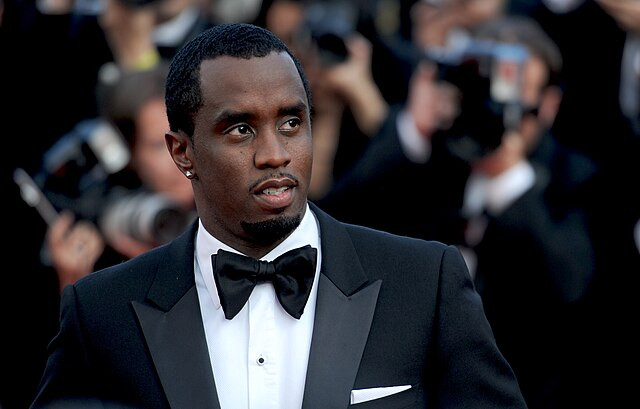Sean "Diddy" Combs' bid for a presidential pardon has thrust his federal case back into political focus, after both his legal team and President Donald Trump confirmed that discussions have taken place about potential clemency. The request adds a volatile new dimension to the already high-profile prosecution of one of the entertainment industry's most influential figures and has prompted debate over whether celebrities wield disproportionate access to presidential power.
Combs is currently serving a 50-month sentence at FCI Fort Dix following a New York jury's conviction on two federal counts of transporting individuals for prostitution-charges that each carry a potential penalty of up to 10 years. Though he was acquitted of racketeering and sex-trafficking charges, the conviction pushed his legal team to pursue every available avenue before sentencing. His attorney, Nicole Westmoreland, told CNN, "It's my understanding that we've reached out and had conversations in reference to a pardon."
Trump acknowledged the request publicly last week, telling reporters, "I call him Puff Daddy. He has asked me for a pardon." But the former president also signaled hesitation. In an interview with Newsmax, Trump said their relationship deteriorated during the 2020 campaign, explaining, "When I ran for office, he was very hostile." Trump added that "We're human beings. We don't like to have things cloud our judgment," suggesting that personal history plays a role in how he views clemency petitions.
The case has become a flashpoint because it sits at the intersection of politics, celebrity and presidential authority. Pardons are among the broadest powers granted to U.S. presidents, and high-profile recipients often draw criticism that the justice system affords influence to the wealthy. For Combs, who continues to serve his sentence until at least June 2028, a pardon would erase years of prison time and reignite questions over fairness in federal sentencing.
The personal dimension complicates the political calculation. Combs' 2020 comments that "white men like Trump need to be banished" remain widely circulated, and Trump has said he reserves pardons for those he believes were "mistreated" by the system. That threshold could prove difficult to meet in a case where a jury produced a guilty verdict and the judge has yet to issue sentencing.
Combs' legal team maintains that the acquittal on more serious charges demonstrates the flaws in the prosecution and underscores why clemency should be considered. But public opinion remains sharply divided. Critics argue that granting a pardon to a celebrity currently serving time would invite backlash from voters who expect equal treatment under the law, particularly given Trump's history of controversial clemency decisions.
The political risk is acute for Trump, who has repeatedly said he would "look at the facts" despite not having followed the trial closely. Any decision in Combs' case would be scrutinized not only for legal merit but for the perceived influence of personal ties, past conflicts and the enduring power of celebrity within Washington's political ecosystem.





